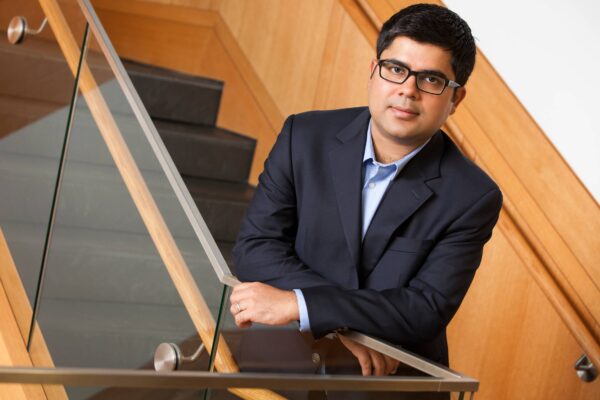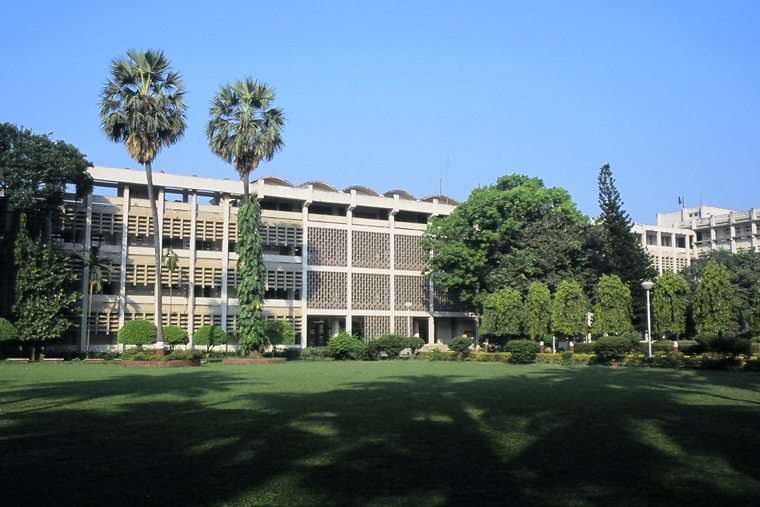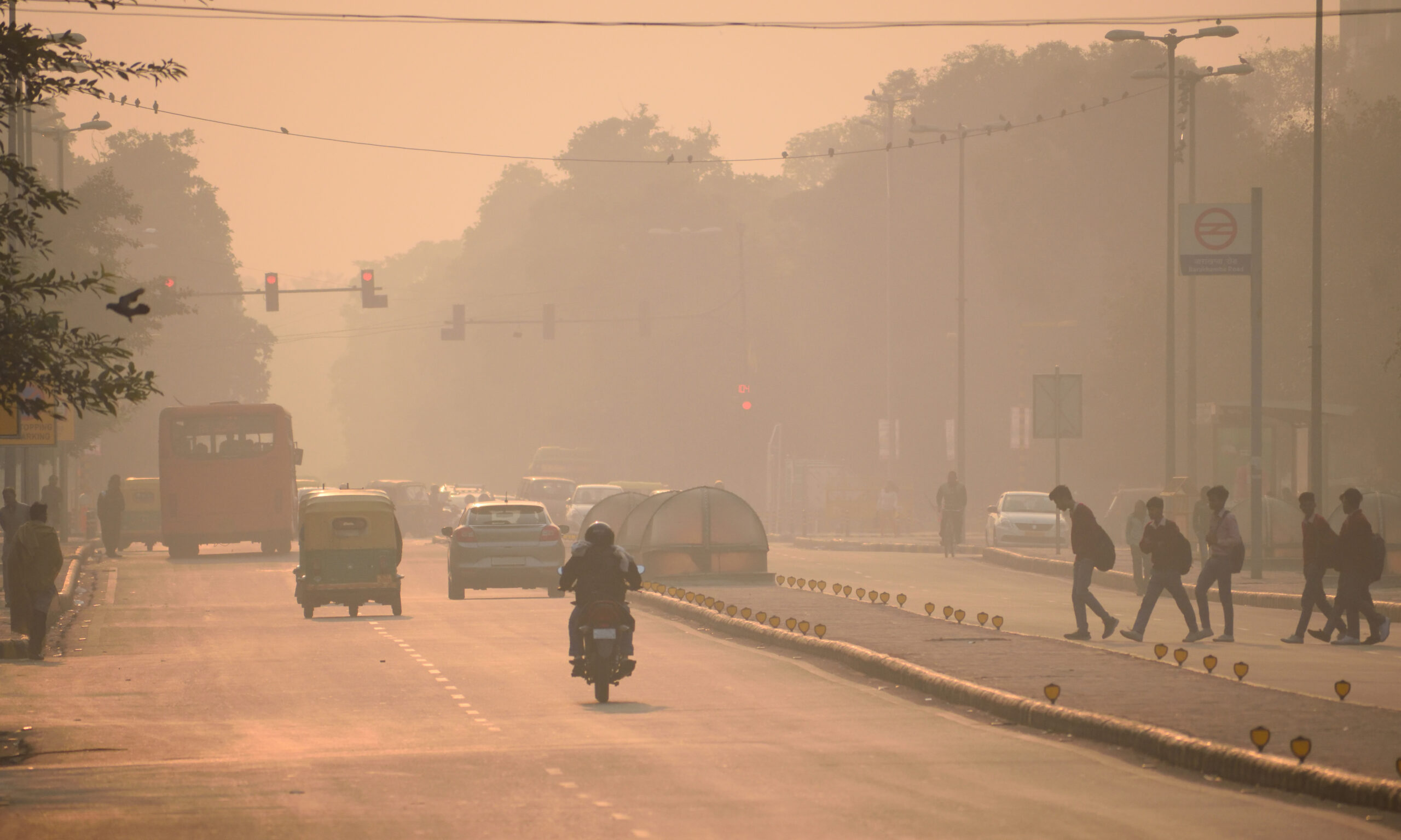In November of 2019, air quality in New Delhi reached such dangerous levels that schools closed, flights were cancelled, and local authorities declared a public health emergency. News of the city’s heavy smog was covered around the world.
Later that year, Rajan K. Chakrabarty and researchers from the McKelvey School of Engineering at Washington University joined peers at the Indian Institute of Technology Bombay (IITB) to mark yet another collaboration aimed at addressing major challenges in air quality and the environment. The group celebrated the opening of the Aerosol and Air Quality Research Shared Facility in Mumbai, along with the launch of a new, joint master’s degree program.
“We are at the mercy of nature to unravel her laws of functioning, her intricacies, as we move forward in time. She has sustained us for a long time, so let’s not lose hope on her.”
Rajan K. Chakrabarty
Today, students are conducting critical research in an area of aerosol science and engineering, co-supervised by faculty from both schools. They spend equal time at Washington University and IITB.
The partnership is the latest in a long history of collaboration between the universities, both powerhouses when it comes to engineering education, with standout faculty and students who go on to make important contributions to the field of aerosols. IIT Bombay is a key partner in Washington University’s Global Aerosol Network.
Chakrabarty, the Harold D. Jolley Career Development Associate Professor of Energy, Environmental & Chemical Engineering at the McKelvey School of Engineering, said working with local students has great advantages when it comes to developing solutions to a large-scale problem such as pollution.
“They know how important it is to find a solution,” he said. “You know you are there for a reason, so you come at it with great intensity.”


Chakrabarty leads the Complex Aerosol Systems Research Laboratory at Washington University. Over the years, his research group has made technical contributions to areas that have a strong and broad impact in the fields of climate change, human health, satellite remote sensing, and governmental policy making. Collaborative projects with colleagues at IIT Bombay include research on the scope of cookstove emissions in rural parts of India and the association of racial and ethnic disparities of PM 2.5 exposure and the speed of COVID-19 spread in the United States and India.
